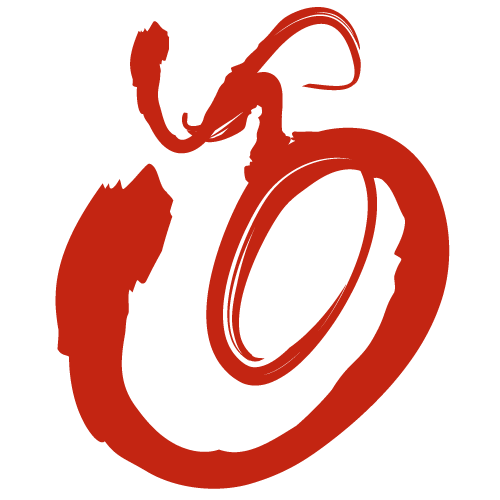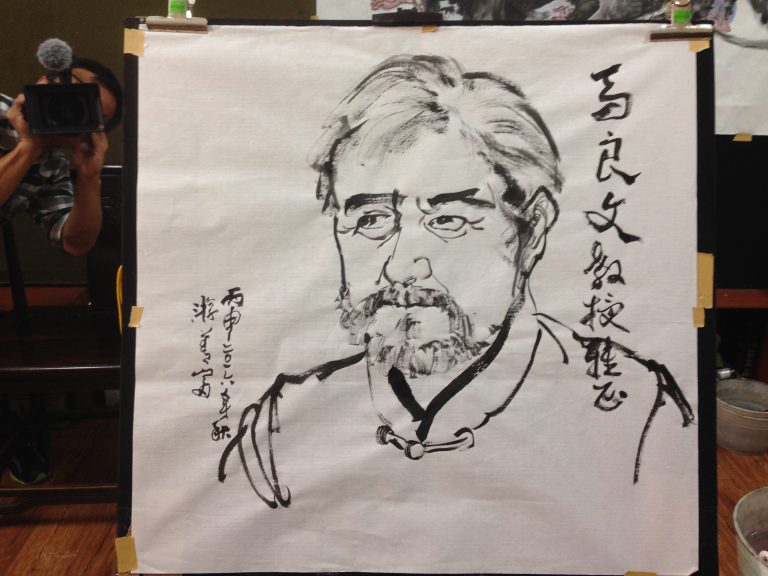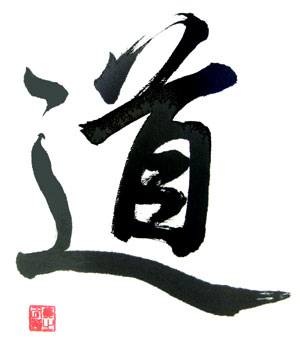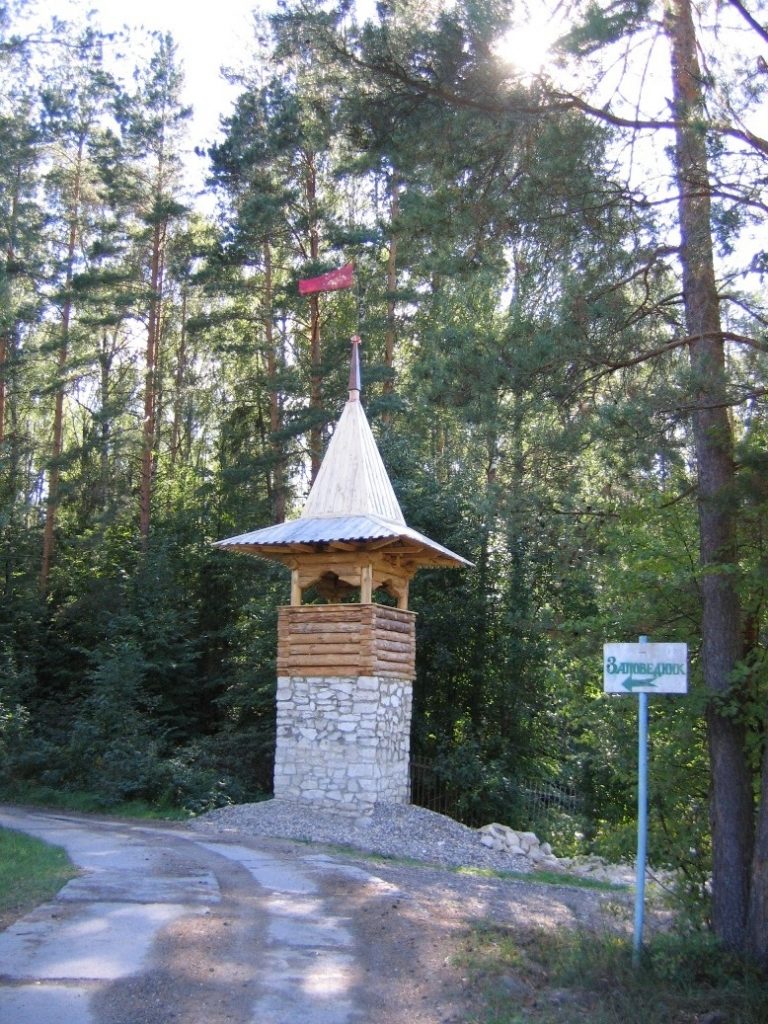On the Strength of Weakness: Gleb Pavlovsky’s Book “System RF in 2014 War. De Principii debile”. Moskva, 2014
Vladimir Maliavin

This book is remarkable in several aspects. Its author has been for many years a chief political advisor to the Kremlin administration though he recently fell into disgrace and joined the ranks of opposition. According to online polls, Pavlovsky has a reputation of Russia’s leading intellectual. Originally, his book was intended to mark the 100th anniversary of the 1st World War but appeared right on the eve of the military conflict in eastern Ukraine thus acquiring prophetic stance. No less remarkable is Pavlovsky’s energetic style full of paradoxes and sarcasm as well as the book’s format: it is written as a sequel to Macciavelli’ classical treatise “The Prince”, though actually as a parody. Instead of glorifying virtus, strength, as Macciavelli did, it praises weakness. The result quite predictably was the best-selling book which pro-Kremlin propaganda – one more remarkable fact – carefully ignored.
All this said, the theoretical foundations of the book are hardly original. Pavlovsky thinks of Russia as a “statehood without a state”, not even an empire. Russia’s current political order named “System RF” (Russian Federation) is precisely the device for preventing the emergence of a regular state with its viable institutions, efficient laws, independent courts, competent bureaucracy etc. Russia for Pavlovsky is not so much a failed state as a fake state, a “deferred state” stubbornly refusing to become a real one. That strikes a familiar note to Russians. A fundamental Russian question posed, among others, by Dostoyevsky, is: “What if Russia does not exist?” Still earlier, P.Chaadaev called Russia a void, a non-place without past or future (and was declared mad by the tsar for that). System RF as a real authority behind the formal administration is also a long Russian tradition from Ivan the Terrible’s Oprichnina to KGB in Soviet times. Another permanent condition of Russia’s politics is complete passivity (“immobilization”, as Pavlovsky puts it) of the common people reduced to “population” (the author has invented for them a somewhat contemptuous neologism “naselentsy”). This silent majority à la russe abstains from power in exchange for small bonuses from the government and the pleasure of preserving “moral purity”. The ruling classes are regional and central elites (e lites in author’s terminology) and “the premium class” on top with president Putin as a modern version of traditional Russian autocrat. The whole system is based on personal loyalty with rampant corruption as its inevitable companion.
The original and undoubtedly most fruitful part of Pavlovsky’s book are his conclusions and practical applications derived from the above-mentioned premises. For the most part, they are formulated as paradoxical inversions of traditional views. Here are the main points:
- The inborn weakness of the system RF is precisely its strength (a curious inversion of traditional apology of virtus in politics). It nourishes itself on permanent crisis and even catastrophe. Its leader both produces calamities and saves from them; he is an “executioner-savior”. Pavlovsky has inherited this idea from his teacher historian M. Gefter (who of course had in mind Stalin) and applied it to Putin whose defeats, he claims, are his victories[i]. He even defines this policy as the “deliberate invention of the evil” (p.54)
- Contrary to traditional scholarship that emphasizes the peculiarity, even uniqueness of Russian “non-state”, Pavlovsky insists on the global significance of System RF. The latter, he claims, is a “permanent financial-political bubble”; it is the form of governance that “serves the global risks” (p. 42). Putin is at his best in the most ambiguous and volatile situations. But his judo skills are in such great demand exactly because Russia’s “premium class” is economically dependent on the global market.
The core of Pavlovsky’s analysis is the historical transformation of the System RF.
During initial years of Putin’s presidency, the period of system’s consolidation, the ruling elite tried to justify its domination through the concept of “sovereign democracy”. This idea had many implications from maintaining the democratic façade of System RF to safeguarding its sovereignty (both were deceptions, though). Yet the system lacked solid foundation and its democratic connotations evaporated along with its continuous simplification, i.e. growing authoritarianism. After Medvedev’s interregnum (2008-2012), Putin came back as an undisguised autocrat unwilling to pay even lip-service to democratic institutions. This time he acted as a player free to break all rules and rights and hence to throw off all “hypocrisy”. Electorate – the main bete noire of the system RF – has vanished completely as political actor and the system, being deprived of other objects to control, started censoring elites. Ukranian crisis gave Putin as a political judo man an unprecedented boost, but transformed Russia’s political stage into one man show. The unpredictability of politics has greatly increased.
One should not miss the intense and sophisticated emotional content of Pavlovsky’s book. His apparently independent, even indulgent view of Russian politics notwithstanding, he seems to sincerely admire Putin’s political bravery, though he considers System RF a political cul-de-sac. But this peculiar mixture of hope and despair – a common feature of Russian political literature, to be sure – is the outcome of basically liberal and pro-western convictions of the author. Critics in Russia have questioned Pavlovky’s thesis that System RF is fully dependent on Western powers. At least this assertion does not fit well the realities of Russia’s conflict with the West over Ukraine. As D.A. Andreev of Moscow University points out, the dependency of Russia’s ruling elite on the West is more of ideological and conceptual kind[ii]. But Western liberal theories simply cannot explain the nature of Russian history and society.
Pavlovsky’s narrative of System RF’s “virtuoso weakness” clearly has apocalyptic overtones. He finishes his book with a prediction of the imminent “qualitative change” of global dimensions, a huge shock whose nature is still hidden from us. Never mind: after all, for System RF “capitalization through catastrophe” is almost a routine matter. History immediately confirmed this prognosis. Moreover, Pavlovsky’s view explains well the differences between Ukrainian and Russian policy in their conflict. Ukraine is trying to establish sovereignty through war, hence militant, even hysterical nature of Ukraine’s “national liberation” movement. Russia is willing precisely to avoid imposing sovereignty on herself and her option is an indecisive, sluggish, “hybrid” warfare.
Yet the war is not so much an ultima raio, the extreme rationale, as the lack of rationale. The alternative to war is the search for a comprehensive and genuinely global understanding of human nature; the search that is destined to reshape the world and international relations. To understand Russia we must look beyond it.
[i] This is another traditional theme in Russian thought. For example, in the beginning of the 20th century Russian philosopher Vladimir Ern proposed a theory of the “catastrophic progress” claiming that history makes its way through gaps and ruptures.
[ii] Dmitry Andreev. Putinskaya Rossiia Cleba Pavlovskogo (Gleb Pavlovsky on Putin’s Russia).
http://www.airo-xxi.ru/home/the-news/1673-2014-11-14-18-28-24
Published in Tamkang Journal of International Affairs, 2015, n. 2






